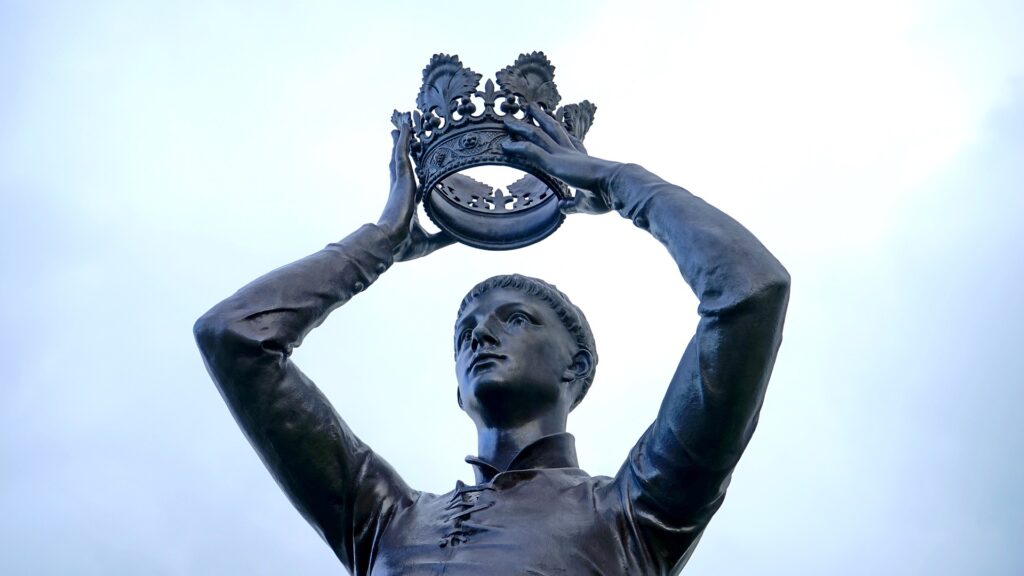
Significance of the Dagger scene in Macbeth

The Dagger Scene in Macbeth
The Dagger scene in Shakespeare’s Macbeth is one of the most iconic moments in the play, and for good reason. It is a powerful and evocative moment that highlights the central themes of the play and reveals a great deal about the character of Macbeth. In this essay, we will explore the significance of the Dagger scene and what it tells us about the play as a whole.
The Dagger scene takes place in Act II, Scene I, just before Macbeth is about to murder King Duncan. As he approaches the king’s chamber, he sees a dagger hovering in the air before him, which he believes is a manifestation of his own guilt and ambition. He speaks to the dagger, describing it as “a dagger of the mind, a false creation” (Act II, Scene I, Line 38), and becomes increasingly agitated and disturbed by its presence. The scene is both haunting and surreal, and it serves as a turning point in the play.
One of the most significant aspects of the Dagger scene is the way it highlights the theme of appearance vs. reality. Throughout the play, characters are not always what they seem, and things are not always as they appear. The dagger itself is a perfect example of this. It is not a real dagger, but a figment of Macbeth’s imagination, a creation of his own mind. It represents the way in which Macbeth’s thoughts and desires are starting to distort his perception of reality. As he says, “Is this a dagger which I see before me, / The handle toward my hand? Come, let me clutch thee. / I have thee not, and yet I see thee still” (Act II, Scene I, Lines 33-35). Macbeth is starting to lose touch with reality and is becoming increasingly delusional. The dagger scene, therefore, serves as a warning to the audience about the dangers of unchecked ambition and the way in which it can distort our perceptions of reality.
The Dagger scene also highlights the theme of guilt. Macbeth is already feeling guilty about his plans to murder Duncan, and the appearance of the dagger only serves to heighten these feelings. He says, “Thou marshall’st me the way that I was going, / And such an instrument I was to use” (Act II, Scene I, Lines 44-45). The dagger is a reminder of the evil that Macbeth is about to commit and serves as a manifestation of his own guilt and fear. The fact that the dagger is not real, but a creation of Macbeth’s own mind, also highlights the idea that guilt is a product of our own thoughts and actions, rather than something that can be imposed on us from outside.
Another important aspect of the Dagger scene is the way in which it reveals Macbeth’s character. Prior to this point in the play, Macbeth is portrayed as a strong and confident warrior, who is respected by his peers. However, in this scene, we see a different side of Macbeth. He is vulnerable and unsure of himself, and we see him struggling with his own conscience. The scene reveals the inner turmoil that Macbeth is experiencing and highlights the conflict between his ambition and his sense of morality. As he says, “I see thee yet, in form as palpable / As this which now I draw” (Act II, Scene I, Lines 46-47). Macbeth is struggling with the reality of what he is about to do and the guilt that he feels as a result.
The Dagger scene also serves to heighten the tension and suspense of the play. As Macbeth becomes increasingly agitated and disturbed by the dagger, the audience is drawn deeper into the drama and is left wondering what will happen next. The scene creates a sense of unease and anticipation, and it foreshadows the violent and bloody events that are about to unfold. In this way, the Dagger scene is a crucial moment in the play, as it sets the stage for the tragic events that will follow. Overall, the Dagger scene in Macbeth is a powerful and evocative moment that highlights some of the central themes of the play, including appearance vs. reality, guilt, and the dangers of unchecked ambition. It is a pivotal moment in the play and one that continues to captivate and intrigue audiences to this day.
*****
Read More: Macbeth by William Shakespeare
Written by Koushik Kumar Kundu
Koushik Kumar Kundu was among the toppers when he completed his Masters from Vidyasagar University after completing his Bachelors degree with Honours in English Literature from The University of Burdwan. He also completed B.Ed from the University of Burdwan.
Comments
1 comment






You need to be a part of a contest for one of the greatest websites on the internet. Im going to recommend this site!